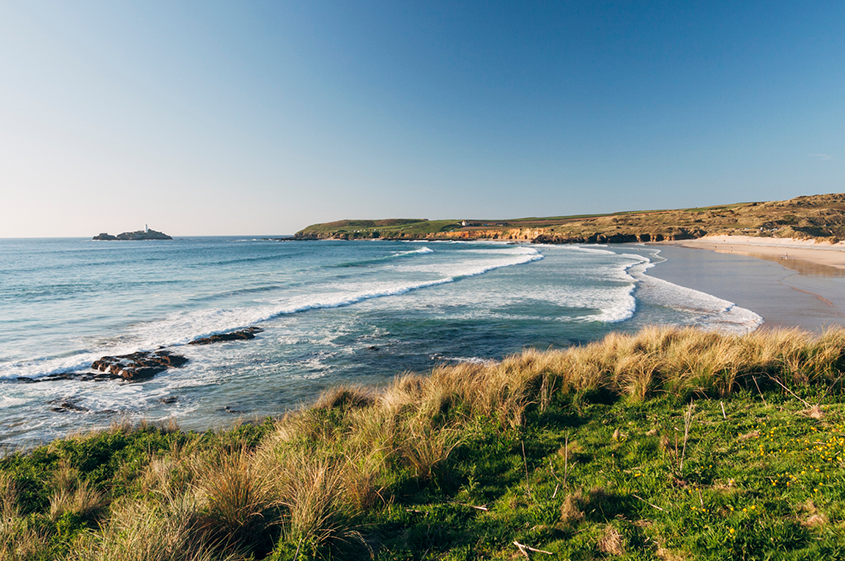In the years when I wrote a lot about sex and gender and politics and law, I made the same observations many times. One, that politicians weren’t talking fully and openly about the implications of self-identified gender, and the policies and practices related to it. Second, that as a result, such policies would never be politically sustainable: no policy made in the shadows can survive in sunlight.
Over several years, policymakers of many sorts began to subscribe to the doctrine of self-identification, but very few ever sought or won public consent for the associated policies. I don’t think you need to be a conspiracy theorist to think that there was an element of deliberate strategy behind that lack of public debate. After all, several of the campaigning and lobbying groups involved in pushing the self-ID agenda admitted in a document that they had deliberately avoided public debate about their preferred policies, not least by cloaking them under the “veil of protection” offered by association with gay rights advocacy. Adding “T” to “LGB” is a deliberate and very political decision, one that too often escapes scrutiny and debate.
This is a slightly labored way of saying that when the general public come to see what “trans women are women” means in the context of, say, a rapist who says he’s trans and is therefore sent to a female jail, that public will start to question the policies that arise from self-ID — and question the politicians who supported that agenda.
This is a significant part of the downfall of Nicola Sturgeon. How did the most astute and sure-footed politician in Britain manage to trip over on self-ID and end up stammering over the rights of a rapist such as Isla Bryson? I suspect the relatively small scale of Scottish politics plays a part. It’s not a big country and its political class is equally modest. Years of Scottish National Party rule in Edinburgh has meanwhile reinforced the walls of a small and insular settlement made up of left-leaning public bodies, charities, campaign groups and other lobbyists, most of them wary of breaking the progressive consensus and offending the party’s ruling cadres. In other words, Scottish politics was easy to capture.
To the politicians in the bubble-world of Holyrood’s consensus, it made perfect sense to think that pushing ahead with the self-ID agenda wasn’t just unquestionably the right thing to do, but popular too, since it would demonstrate to the public its authors’ progressive, forward-looking credentials. “Back this or you’ll be on the wrong side of history” is a powerful thing to say to politicians who always want to be ahead of public opinion. A nationalist such as Sturgeon is especially vulnerable to such pressures.
Nationalism relies more than other political strains on connection to the public and its mood. Nationalists pitch themselves as more than managers who can run the state better than others. Their claim is that they understand you, your heart and mind — your nation. So a nationalist who is revealed to be so far out of step with the public on a visceral issue — such as rape and the treatment of a rapist — must struggle.
And not just because of those awkward appearances trying to make sense of the insensible handling of the case of Isla Bryson. There’s also a vital question of priorities here. Whatever the arguments on either side, the sex-gender issue just isn’t a top priority for most voters: many Scots worried about real wages, struggling schools and poor healthcare would have been left wondering why their nation’s paramount leader was spending so much time worrying about a rapist’s pronouns.
That is the real lesson of Nicola Sturgeon, self-ID and political failure. The story here is not that Scotland has risen up in outrage over trans rights policies. Would-be populists on the other side of politics who take her downfall as a reason to focus on trans-based culture war tactics will make a big mistake too. The sex-gender issue is important and needs to be debated, carefully and openly. But using it as political ammunition only makes for bad policy and bad politics.
This article was originally published on The Spectator’s UK website.

























